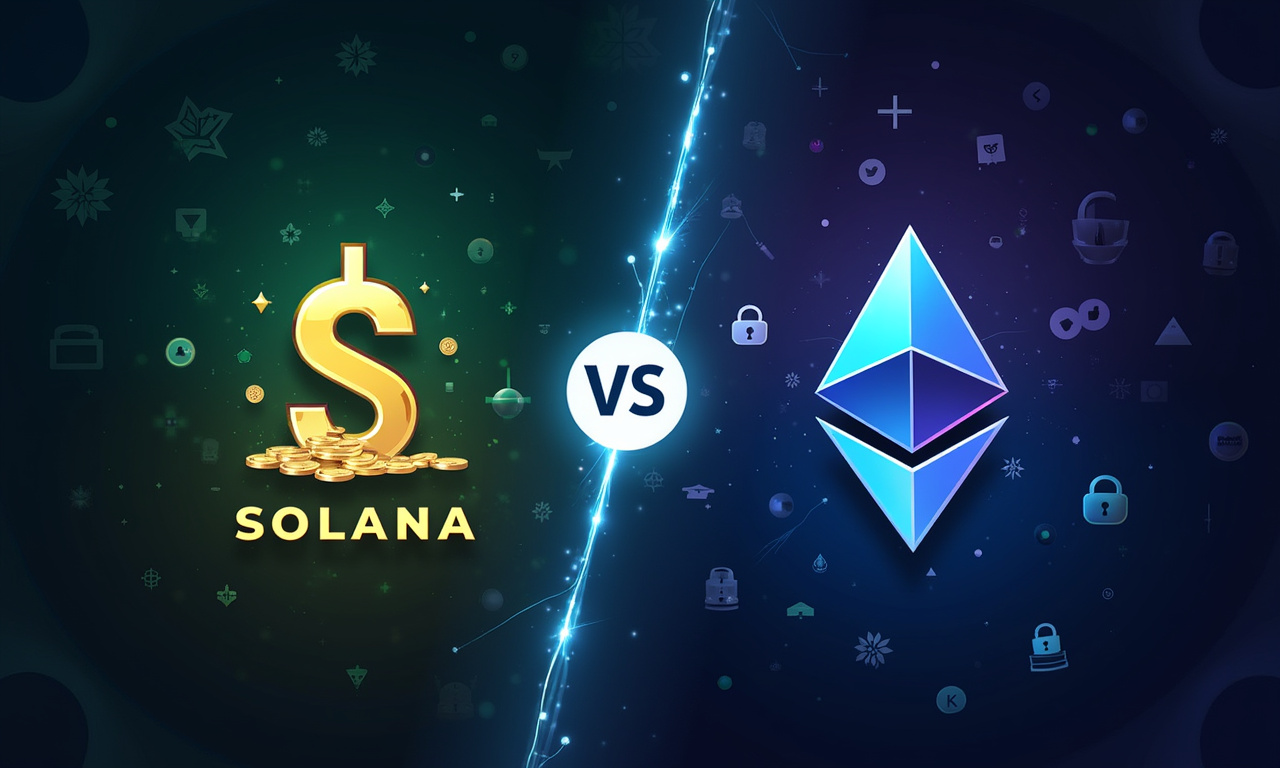
Mehdi Farooq, a prominent crypto VC partner, lost almost all of his life savings to an elaborate phishing scam. We are hearing about it, reading the Telegram thread, following the Zoom/fake-Zoom-update/Twitter thread flooding of wallets. And the knee-jerk sentiment Perhaps a touch of schadenfreude "He should have known better," we think. "Crypto is risky, caveat emptor."
That’s a dangerous, and ultimately, misguided perspective. This isn't just about one person's mistake. It’s less about the scandals themselves and more about a core failure within the crypto ecosystem to protect its users, especially those from historically excluded communities. It is symbolic of a growing systemic inequality that we as a country must work to repair, and soon.
Is Crypto Really Decentralized, Though?
We promote decentralization, often as one of the cardinal principles behind crypto. Let's be honest: the power isn't truly decentralized. Disproportionate influence A small pack of VCs, developers, and influencers exercise an outsized impact. In those pods, how many of those faces are in the same boat as you? How many voices sound like yours? The echo chamber is deafening.
Farooq, like most of us, may have felt the need to be always “on,” available and quick to respond. This pressure, fueled by the fast-moving nature of the crypto landscape, creates an environment susceptible to bad actors. He was targeted, not in spite of being successful, but because he was successful, because he was visible.
Let's be frank, the crypto world is still very much a "boys' club." This homogeneity results in blind spots within security protocols. It is myopically focused on addressing the needs of one stakeholder, trucking interests, at the expense of the surrounding community’s interests. Really, it’s about who’s at the table – and who’s not.
Consider this: the scam started with a Telegram message from a known contact. How many of us haven’t readily accepted a bit of wisdom from a colleague when sprinting between meetings and business transactions, often unknowingly widely-endorsed platitudes. The attackers subverted the one form of social capital that is the pumping heart of the crypto community.
'Rug Pull' Security, Not Just Scams
We frequently discuss “rug pulls” when referring to scam projects. The new security norm isn’t the current security model a kind of “rug pull” on susceptible consumers? We create complicated technologies, tell everyone that security is an individual responsibility, and then get indignant when people are fooled by targeted phishing attacks.
The BitGo CEO’s warning that counterfeit Ledger letters are being sent through USPS mail is scary. It’s a three-pronged attack that both exploits our digital infrastructure and exacerbates our physical infrastructure vulnerability. Or, an older person who lost $330 million in Bitcoin in an April phishing scam. This occurrence serves as a clear admonition that phishing is not an issue exclusive to crypto natives, it can target anybody.
Yet the sophistication of these attacks grows exponentially. It’s unreasonable and inequitable to expect every single user to be a cybersecurity professional. We must stop pointing fingers at individuals and instead commit ourselves to making the entire ecosystem more secure and resilient.
Think about traditional finance. When your bank account is hacked, you’re usually protected by FDIC insurance. Why isn’t there an equivalent safety net in the world of crypto? Because today’s security is a ‘rug pull’, not a parachute.
A Crypto Security Fund. Why Not?
Here's a radical idea: a Crypto Security Fund. Funded by the wealthy in the crypto space, distributed to those who lose their funds because of hacks and scams.
I know, I know. Sounds like socialism. But hear me out. After all, the crypto industry is founded on innovation and disruption. Why aren’t we able to reimagine the deeply ingrained model of individual responsibility and move toward a more collective safety net.
Instead, this fund can go towards reimbursing the victims of scams. It can further fund education and awareness across the ecosystem and work towards building more secure wallets and protocols. It might even be enough to encourage the development of technical fixes or better yet to incentivize ethical hacking and bug bounties.
Consider it a kind of neighborhood mutual insurance. We’re all one community together, and we need to lift one another up. As I shared through the lens of my Malaysian Chinese heritage, I know mutual support is a bedrock of survival. We take care of one another, as all great communities do—especially in moments of disaster.
The particulars would have to be ironed out, naturally. The underlying principle is clear: we need to move away from a hyper-individualistic mindset and embrace a more collaborative approach to security.
Farooq's experience should be a wake-up call. It’s time to end the victim blaming today. Let’s work together to create a crypto environment that is safe and welcoming to all! It’s high time that we see the creation of a system where security gets prioritized over profit and community over self-interest.
Let’s make sure that Farooq’s loss was not in vain. We can only hope that we’ll turn this tragedy into an opportunity to eradicate the demand for crypto, create a better, more equitable, and more secure crypto future.

Lee Chia Jian
Blockchain Analyst
Lim Wei Jian blends collectivist-progressive values and interventionist economics with a Malaysian Chinese perspective, delivering meticulous, balanced blockchain analysis rooted in both careful planning and adaptive thinking. Passionate about crypto education and regional inclusion, he presents investigative, data-driven insights in a diplomatic tone, always seeking collaborative solutions. He’s an avid chess player and enjoys solving mechanical puzzles.








